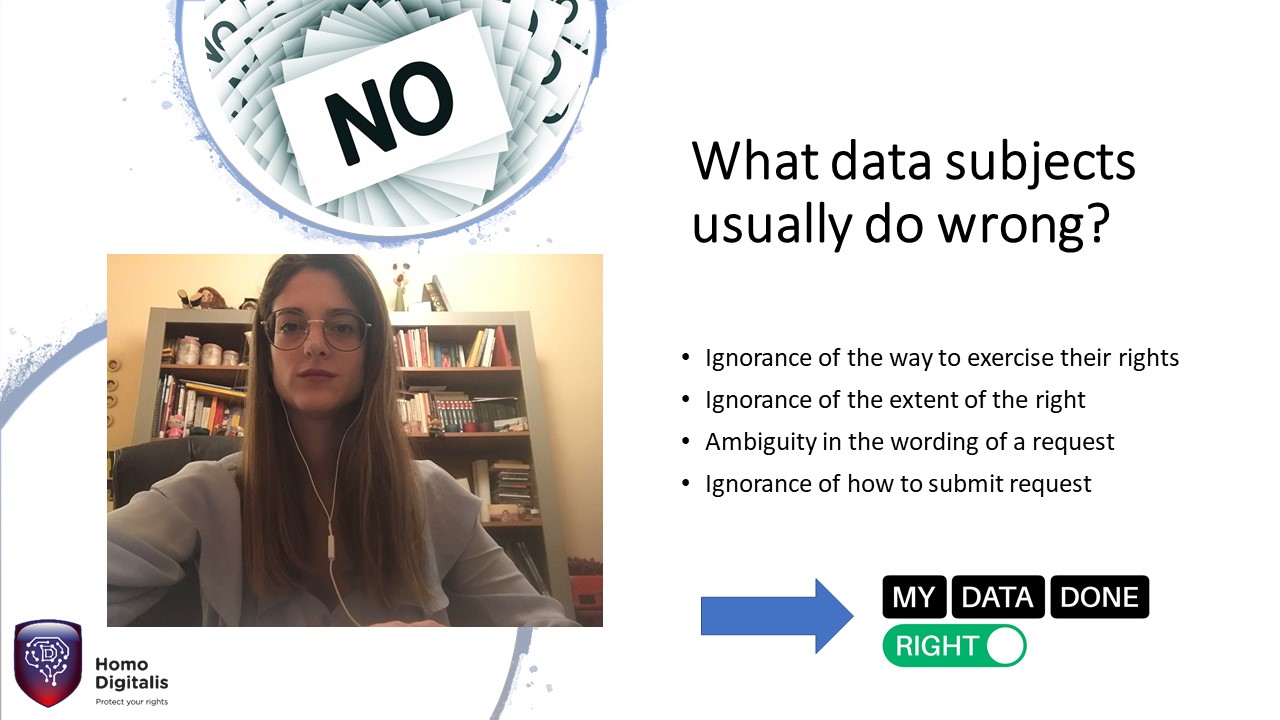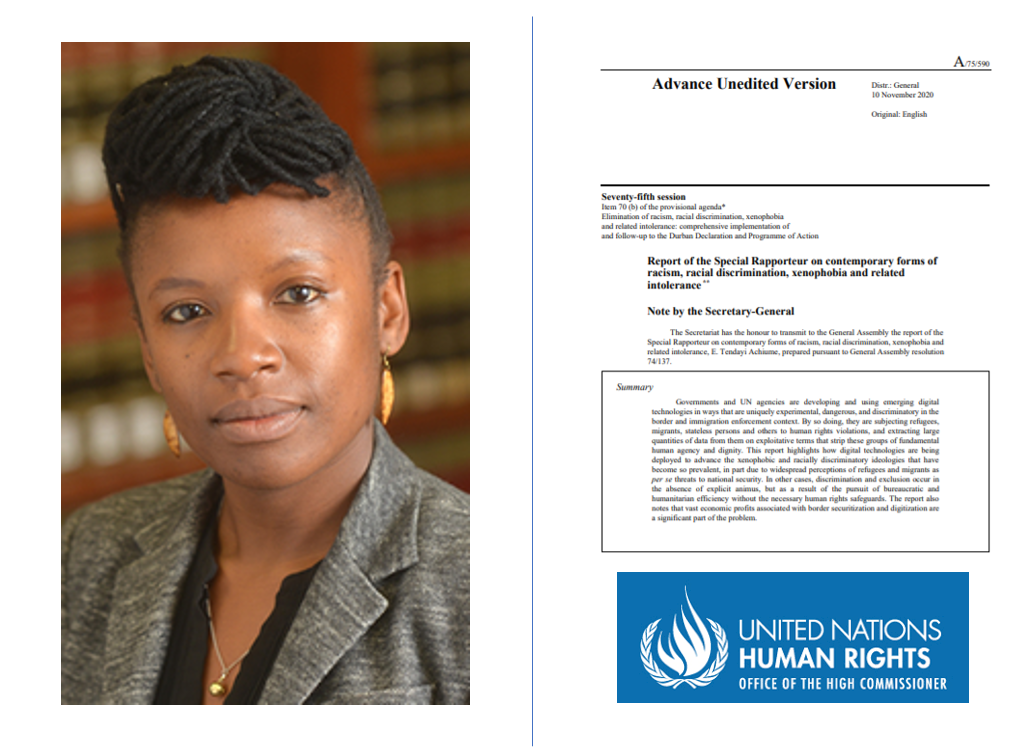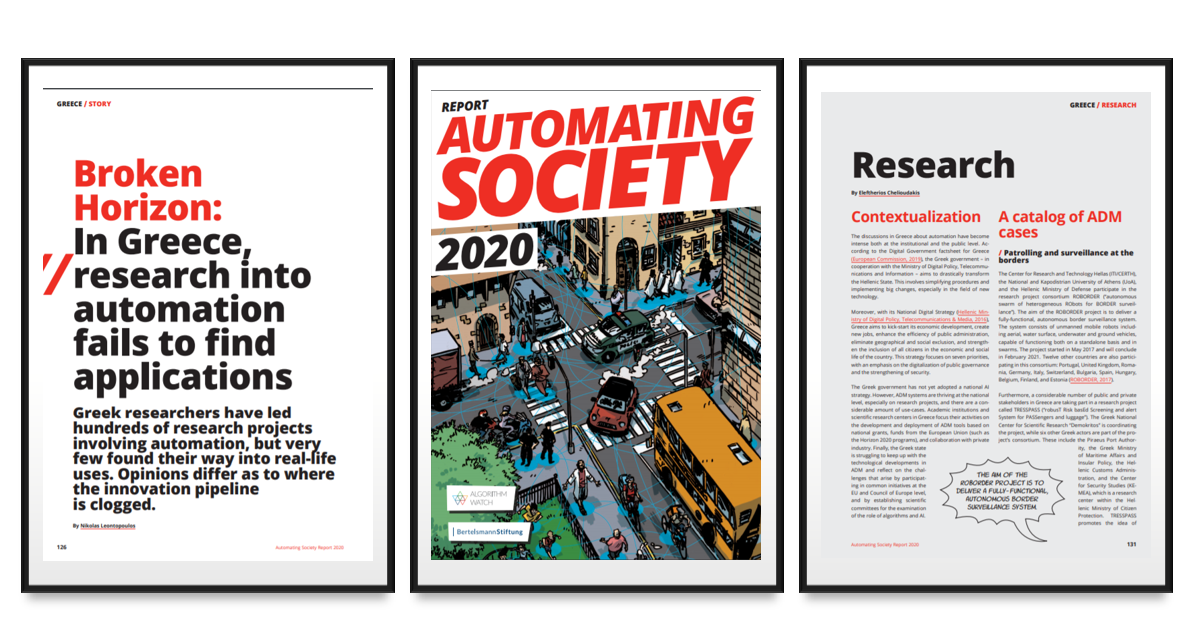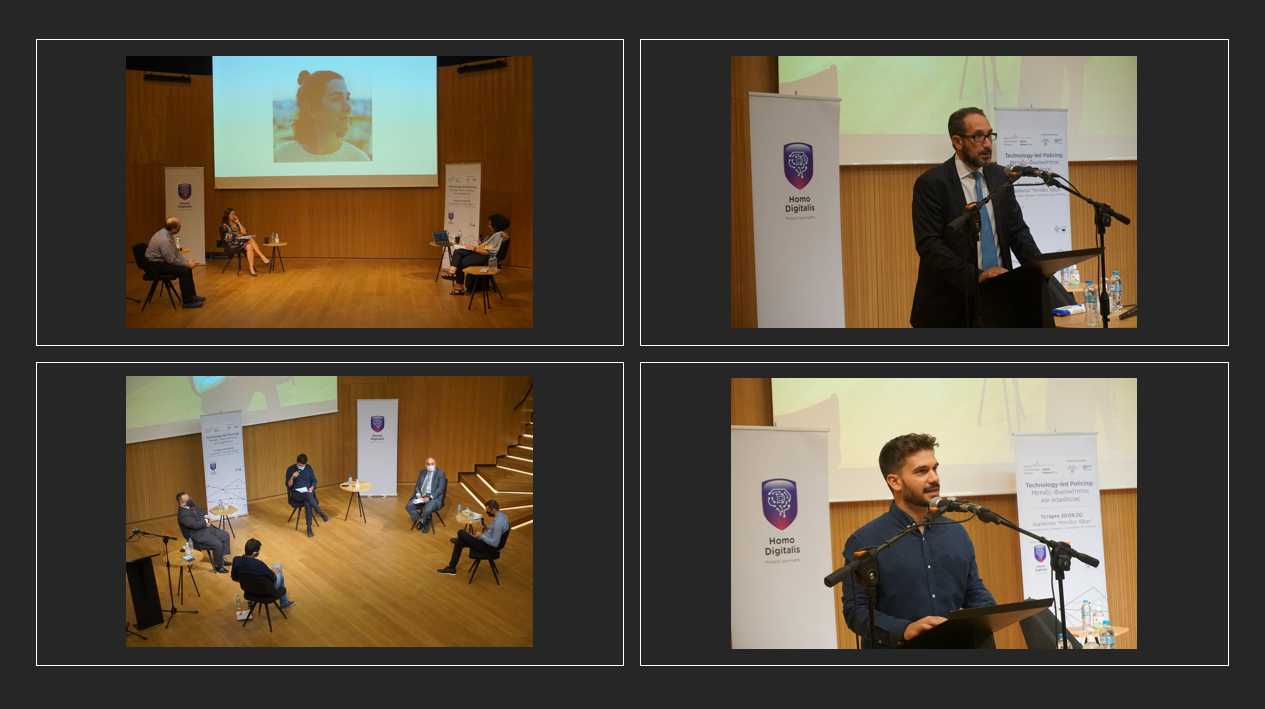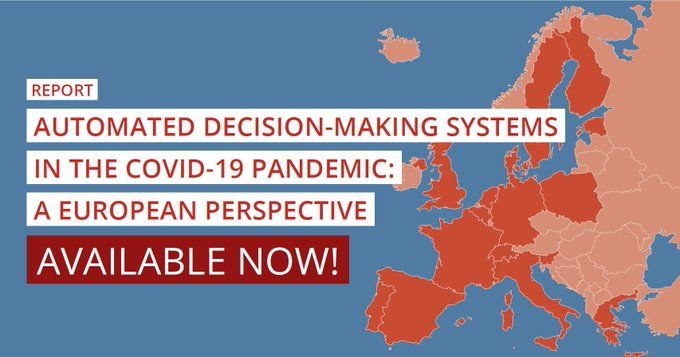Homo Digitalis in PIMCity Workshop
Mariliza Baka represented Homo Digitalis in a workshop of the PIMCity Project with the subject “Be Aware! Keep Calm and read your privacy policies”.
The workshop aimed to provide basic information about Privacy Policies and consent forms to clients and entities whose activities include the processing of personal data. It was conducted online with the participation of organizations from all over Europe. This was attended by representatives of Personal Data Protection Authorities, companies, universities and civil society organizations.
Ms. Baka presented the My Data Done Right and CAP-A platforms.
The two platforms aim to facilitate the exercise and enjoyment of citizens’ rights regarding their personal data. They achieve their goal by providing the most important information of some Privacy Policies to the users in an easy and direct way.
Homo Digitalis has been actively involved in the development of both platforms.
UN Special Rapporteur E. Tendayi Achiume cites Homo Digitalis in new study
On November 10, 2020, the United Nations Special Rapporteur on Contemporary Racism, Xenophobia and Related Intolerance, Professor E. Tendayi Achiume, published her Report οn discrimination issues arising from the use of new technologies in border management.
The Report contains more than 20 pages detailing the international situation, as well as specific proposals of the Special Rapporteur to the UN regarding the challenges that arise and the measures that can be taken to reduce them.
It is a great honor for our Organization that the Report contains two citations of Homo Digitalis based on the memorandum (link in Greek) we had submitted to Professor Achiume last May.
It should be underined that Homo Digitalis maintains excellent relations of mutual trust with the Special Rapporteur, as in June 2020 we participated in an expert meeting (link in Greek), she organized on the thematic section “Race, Borders and Digital Technologies”, while a few days ago we participated in the launching event of the Migration and Technology Monitor, of which both Professor Achiume and Homo Digitalis are founding members.
Homo Digitalis participates in the Migration and Technology Monitor
It is a great pleasure for Homo Digitalis to participate in the Migration and Technology Monitor.
The Monitor, which aims to study the use of new technologies in border management internationally, has been created upon the initiative of the Promise Institute for Human Rights of UCLA.
The Monitor’s launching event took place online on Tuesday 10 November. The event speakers were:
– Professor Tendayi Achiume, United Nations Special Rapporteur on Racism, Xenophobia and Racial Discrimination,
– Antonella Napolitano, representing Privacy International,
– Konstantinos Kakavoulis, co-founder of Homo Digitalis,
– Kenya-Jade Pinto, photographer and video producer,
– Daniel Howden, Managing Director of Lighthouse Reports.
The event moderator was Petra Molnar from the Refugee Law Lab and Toronto University.
The Monitor has already initiated its activities and its results are expected with great interest in the near future.
The Monitor is initially funded by Open Society Foundations.
Automating Society II is here with a special chapter for Greece
In October 2020, AlgorithmWatch and the Bertelsmann Foundation published their much-anticipated study “Automating Society II”, on the use of automated decision-making technologies in various modern life fields, such as health, education, policing or court proceedings.
The second part of the study encompasses detailed analyses by experts for 16 countries, containing also a specific reference to developments on the European Union level. This version of this year also includes Greece! This chapter presents a journalistic story and an analysis. The first part is assumed by the journalist Nikolas Leontopoulos, while the second one by Eleftherios Chelioudakis!
You can read the whole study and the chapter regarding Greece here.
Homo Digitalis participates in experts workshops organized by Oxford University and Hertie School
In the context of the “Undoing Discriminatory Borders” program, Homo Digitalis participated on October 20th and 27th in an experts workshop about tech borders organized by Oxford University and Hertie School.
Our co-founder and secretary of the board, Eleftherios Chelioudakis, represented our team in the workshop.
The aim of the first phase of the project is to map the application of non-discrimination norms to immigration/nationality laws and migration controls, considering in so doing, relevant national, regional (including EU) and international laws.
You can read more about the project here.
Report by 9 Homo Digitalis members gets accepted at CSCS 2020
We are very happy to announce that a paper by 9 Homo Digitalis members, entitled “Autonomous Vehicles: Data Protection and Ethical Considerations”, got accepted at the “4th ACM COMPUTER SCIENCE IN CARS SYMPOSIUM (CSCS 2020)”. The Conference will take place in Ingolstadt, Germany.
The paper is a result of hard work by professionals with the same passion for law, new technologies and the influence they have on our everyday lives.
The full paper shall be made available at our website in a few days.
The team consisted of: Ioannis Krontiris, Kalliopi Terzidou, Marina Zacharopoulou, Foteini Baladima, Kalliroi Grammenou, Konstantinos Kaouras, Mariliza Baka, Marina Tsikintikou and Chrysi Sakellari.
Bravo to all!
"Technology-led Policing: Between Privacy & Security" was a big success
The event “Technology-led Policing: Between Privacy & Security”, organized by Homo Digitalis, was concluded. The main message of the event was the need for the better protection of human rights while the police authorities use new technologies. The event took place on Wednesday 30 September at Technopolis, City of Athens. Unfortunately, the audience could not attend the event with physical presence, due to coronavirus restrictions. However, the event was publicly available through live stream on YouTube.
The event was part of the Digital Ri.Se (Digital Rights & Security) project, which is being funded by the Active Citizens Fund of EEA Grants.
Prominent speakers exchanged views on the use of new technologies by the Greek Police and the legal framework in place, regarding the processing of personal data and the metadata retention.
The event focused at informing the public for the current situation and the challenges arising from it. Furthermore, the event’s aim was to enforce communication and cooperation between all stakeholders.
The event was a big success, since:
- Firstly, all the subject matter stakeholders spoke all together for the first time since 2014. The emerging need for a new legal framework was their main conclusion, if police authorities intend to use new technologies in the fight against crime. New technologies may be used only in a way, which respects human rights and freedoms. It must be noted that even though the Greek Police was not present at the event, it showed great interest for its conclusions and showed great enthusiasm for this Homo Digitalis initiative. Representatives of the Ministry of Digital Governance, the Data Protection Authority, the Authority for Communication Privacy and Security, members of the judiciary, academics, civil society representatives from Greece and the EU and journalists took part in the discussion. They all showed great enthusiasm for the level of discussion and wait for it to be continued, with a view to drafting a firm legal framework.
- Secondly, more than 750 citizens watched the event on live stream. The event is now available to watch on YouTube, with the interest on it constantly increasing.
The conclusions of the event shall also be available soon.
As Homo Digitalis, we state that this event marks only the beginning of our efforts to protect human rights, while the Greek Police successfully combats crime. in the digital era.
We warmly thank Active Citizens Fund and EEA and Norway Grants, as well as the Bodossaki Foundation and Solidarity Now. Without them, Digital Ri.Se. could not have been organized.

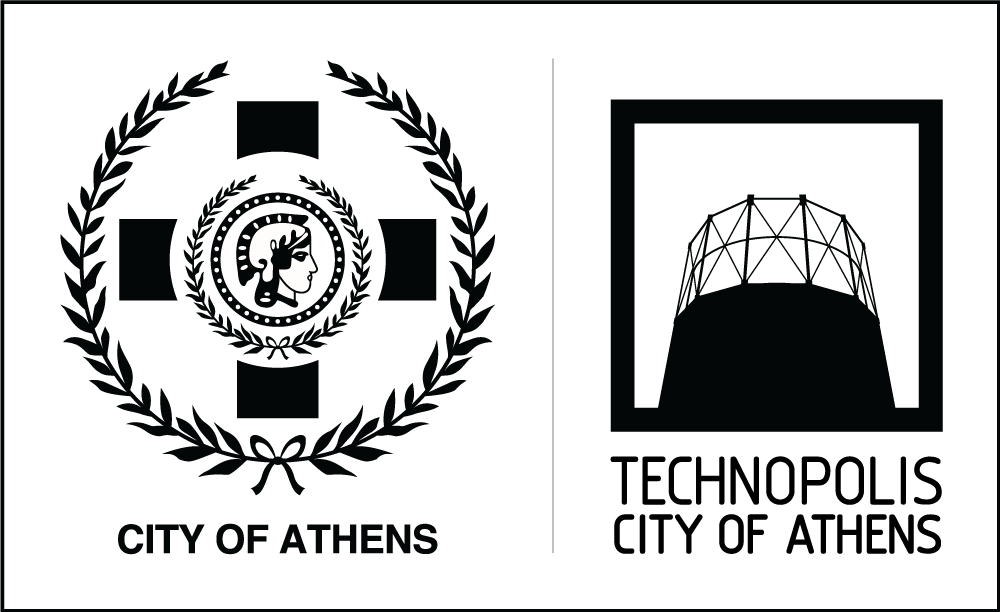
Homo Digitalis participates in the first CAHAI PDG meeting
The first Ad Hoc Committee on Artificial Intelligence (CAHAI) Policy Development Group (PDG) meeting took place online on 21 and 22 September.
Homo Digitalis is a CAHAI observer-member and PDG member. Our organization actively participates in discussions and the drafting of the final report, which will be presented at the end of 2020 to the Committee. Mr. Eleftherios Chelioudakis, co-founder and Secretary of the Board of Directors of our organization, represents Homo Digitalis at the PDG.
Ηοmo Digitalis takes part in the drafting of chapters 3,7 and 8 of the report.
Chapter 3 examines the challenges and opportunities for human rights arising from AI applications. You may read our proposal for Chapter 3 here.
Chapter 7 underlines the main features of an AI legal framework. You may read our proposal for Chapter 7 here.
Chapter 8 makes recommendations for the legislative framework, which will be endorsed by the Council of Europe. You may read our proposal for Chapter 8 here.
You may check out more on the report being drafted and the other members of these PDG meetings here.
The next PDG meeting will take place on 15-16 October.
AlgorithmWatch report on automated decision-making technologies for COVID-19 is here
In the beginning of September, AlgorithmWatch published its new report on the use of automated decision-making technologies in the fight against COVID-19. The report covers 16 European countries.
Homo Digitalis co-founder, Eleftherios Chelioudakis, contributed to the report, covering the situation in Greece.
The report is available here.
A new AlgorithmWatch report entitled “Automating Society II”, which will also cover Greece will soon be made available. Stay tuned!
